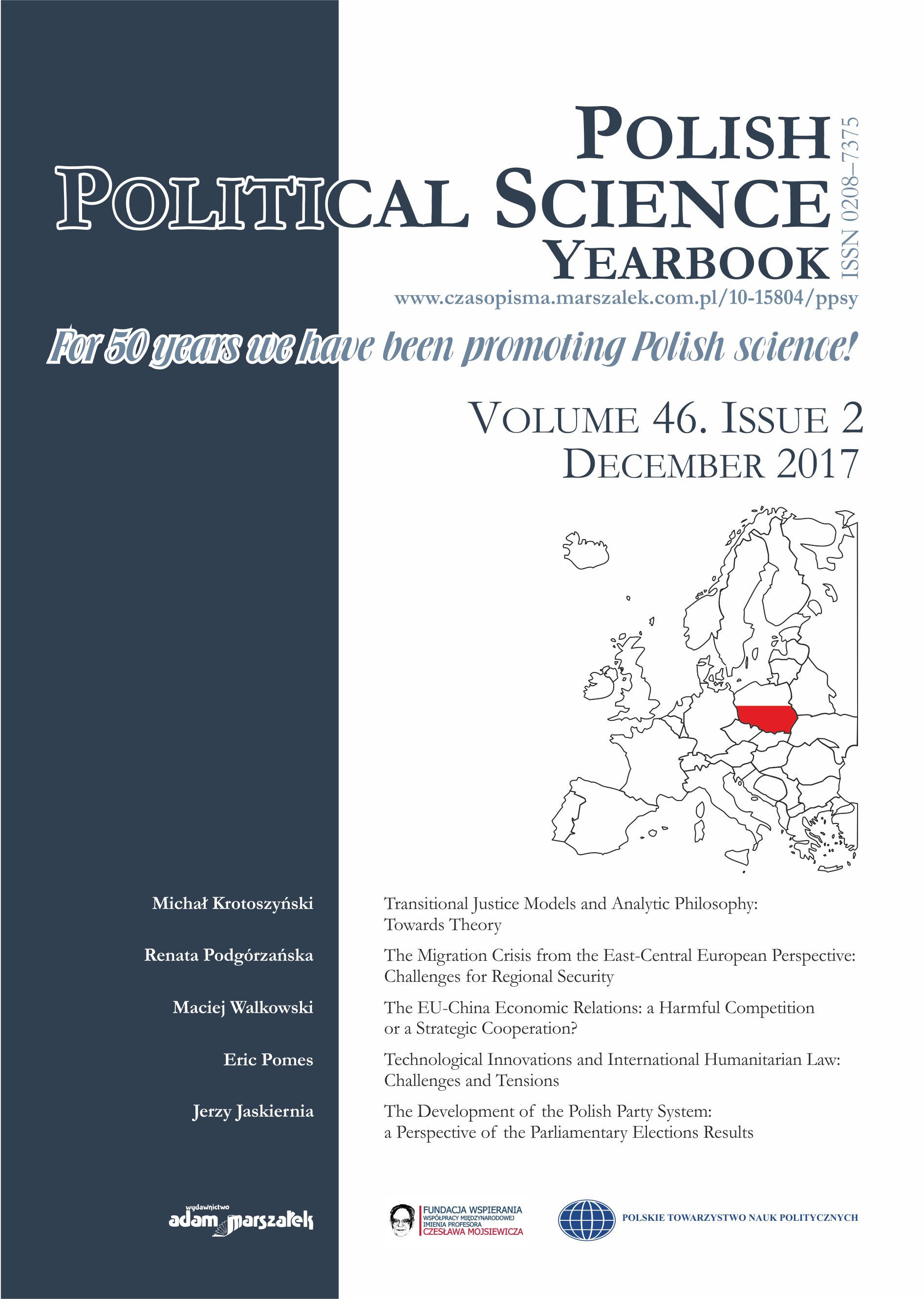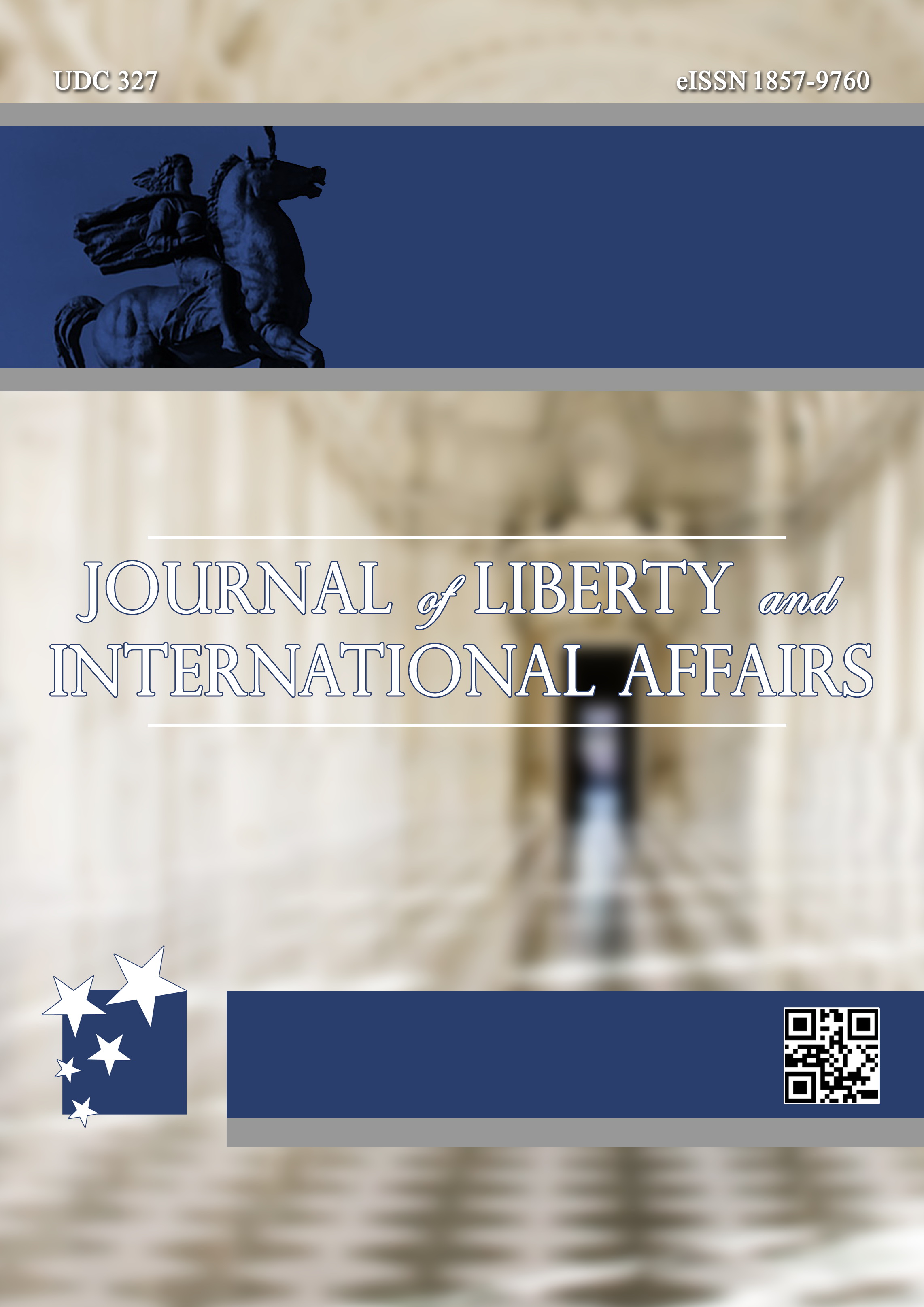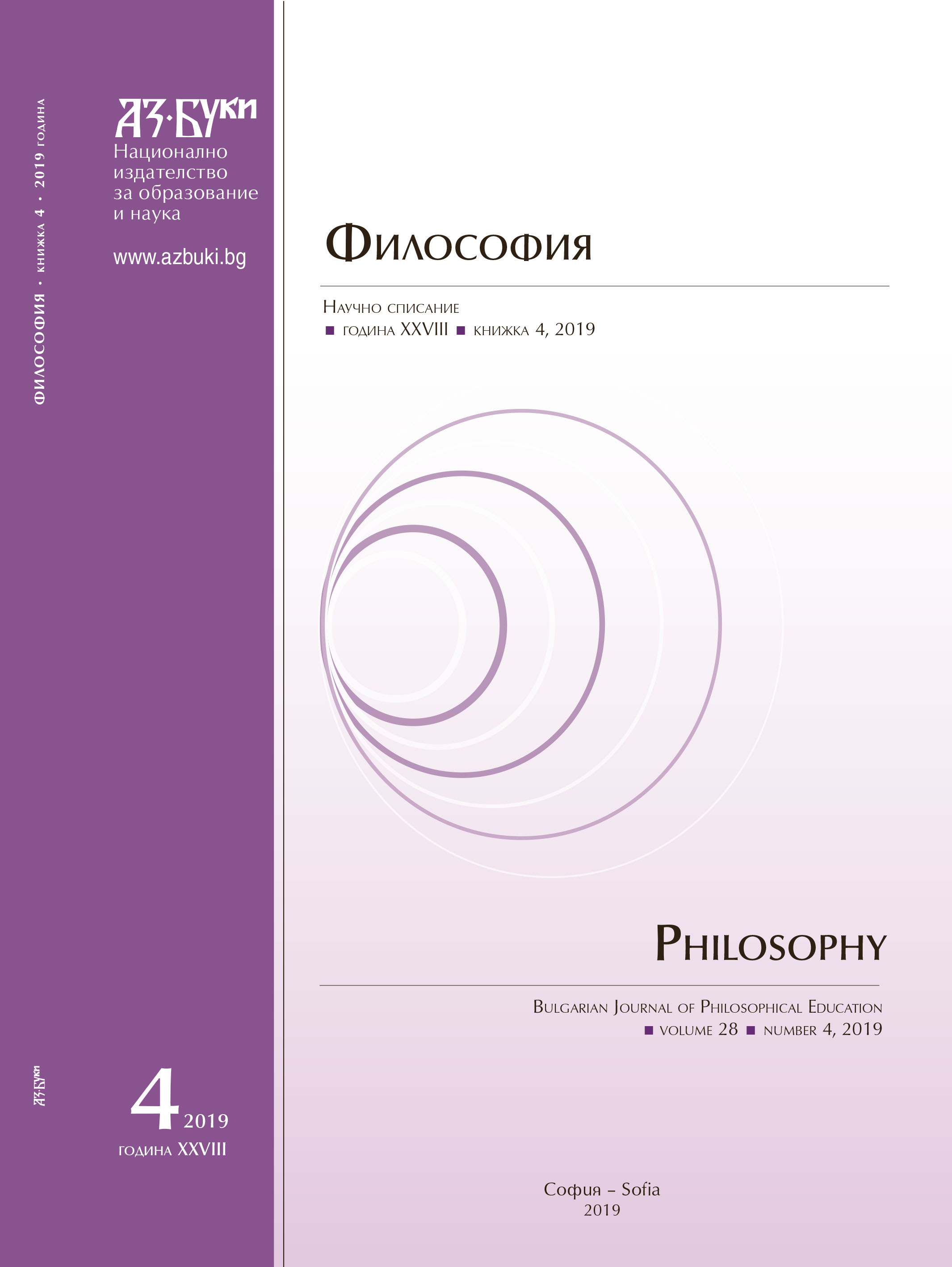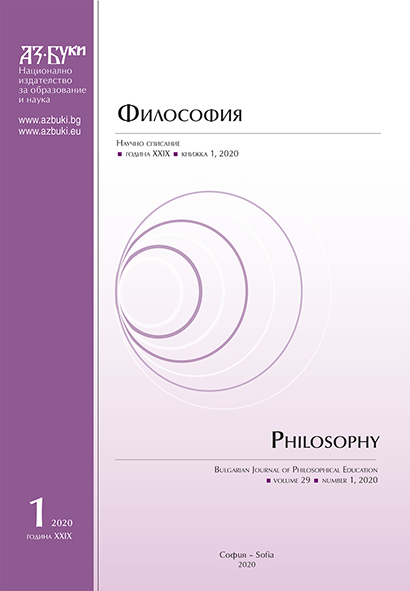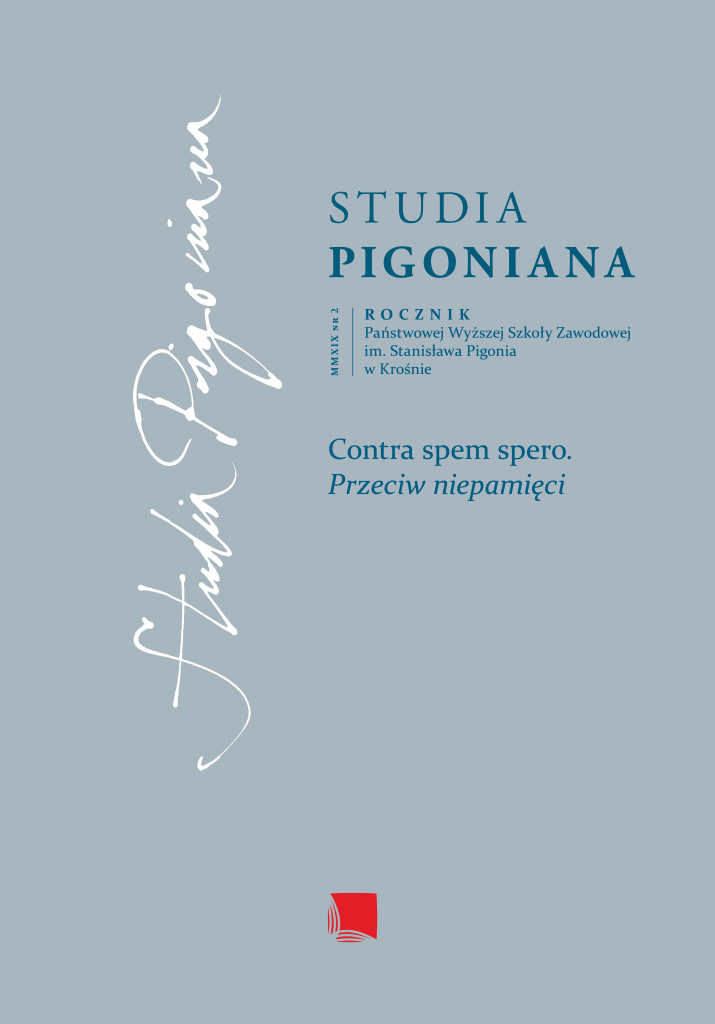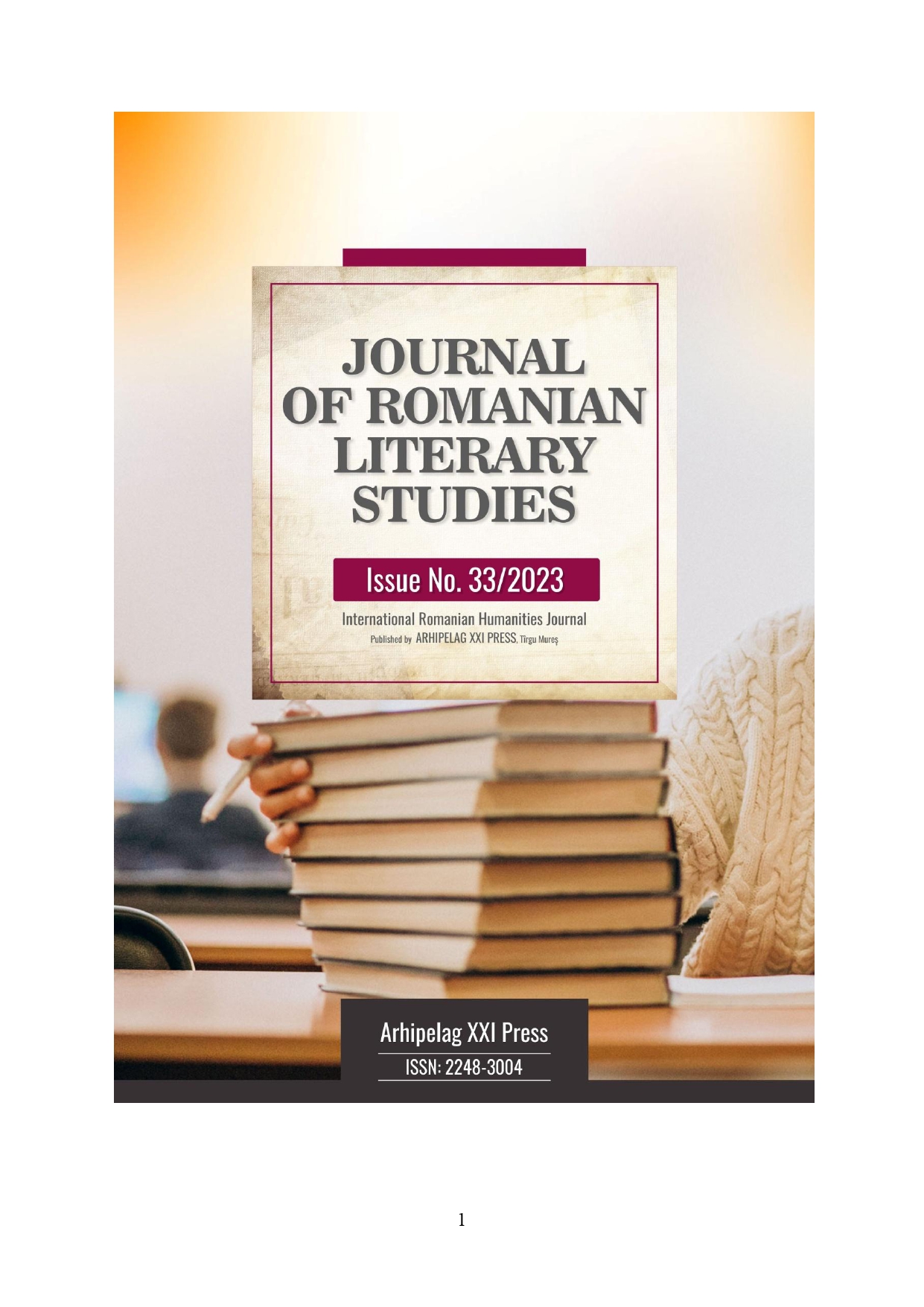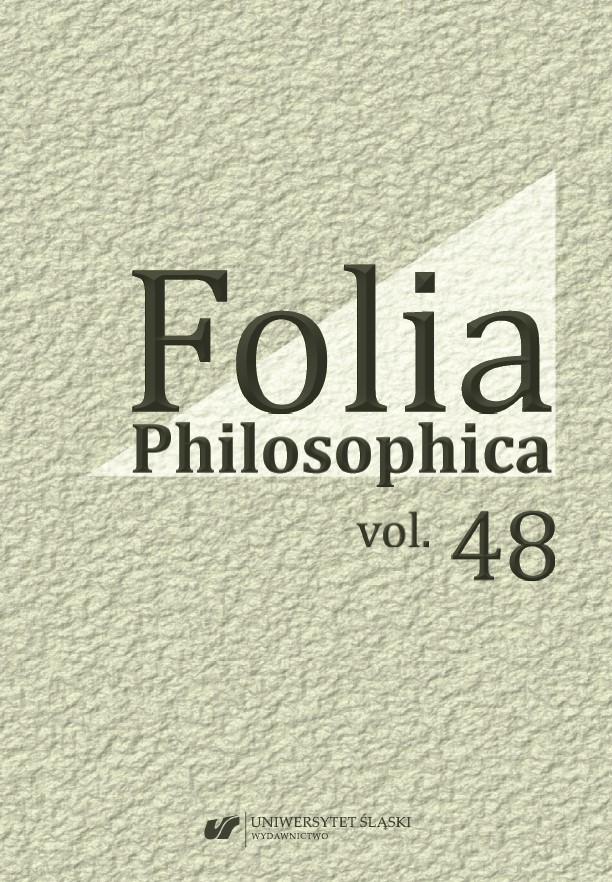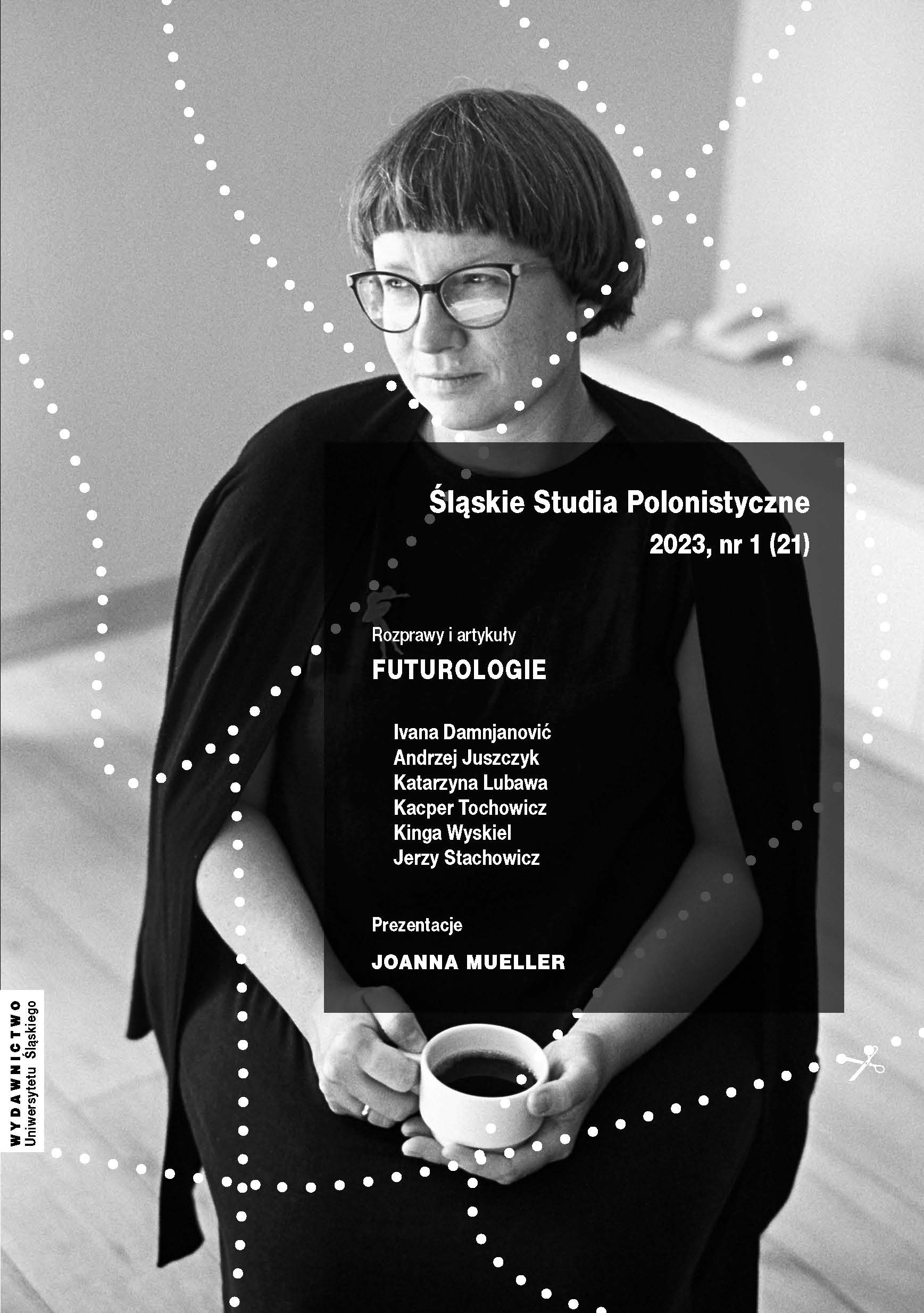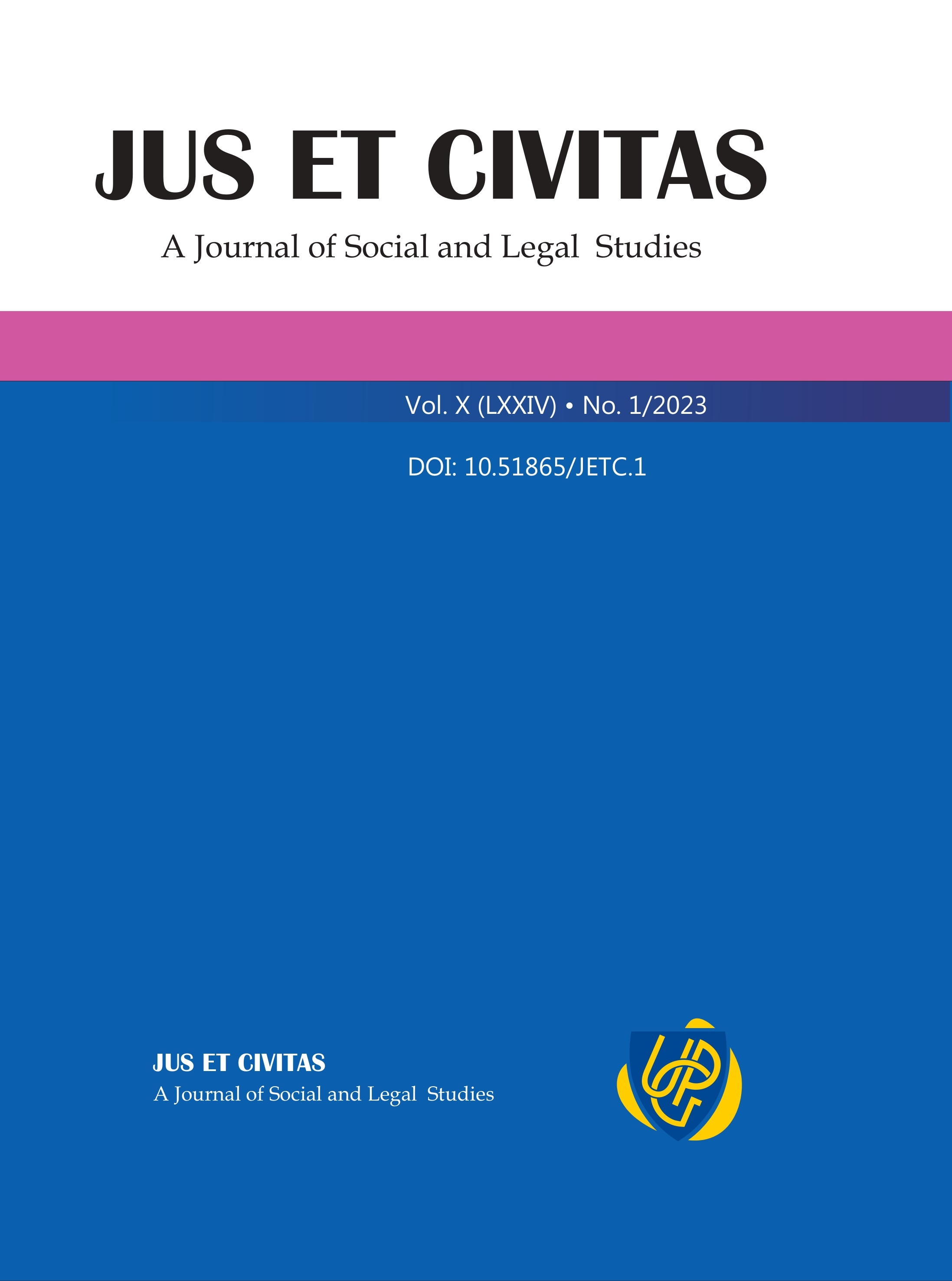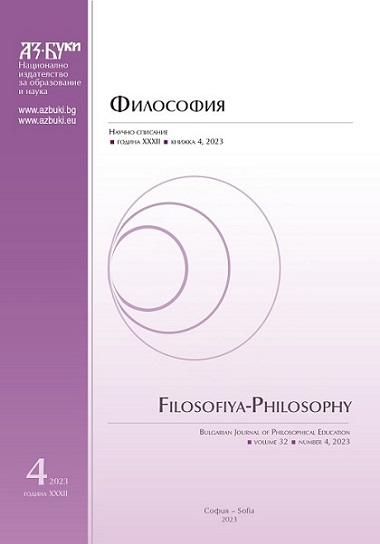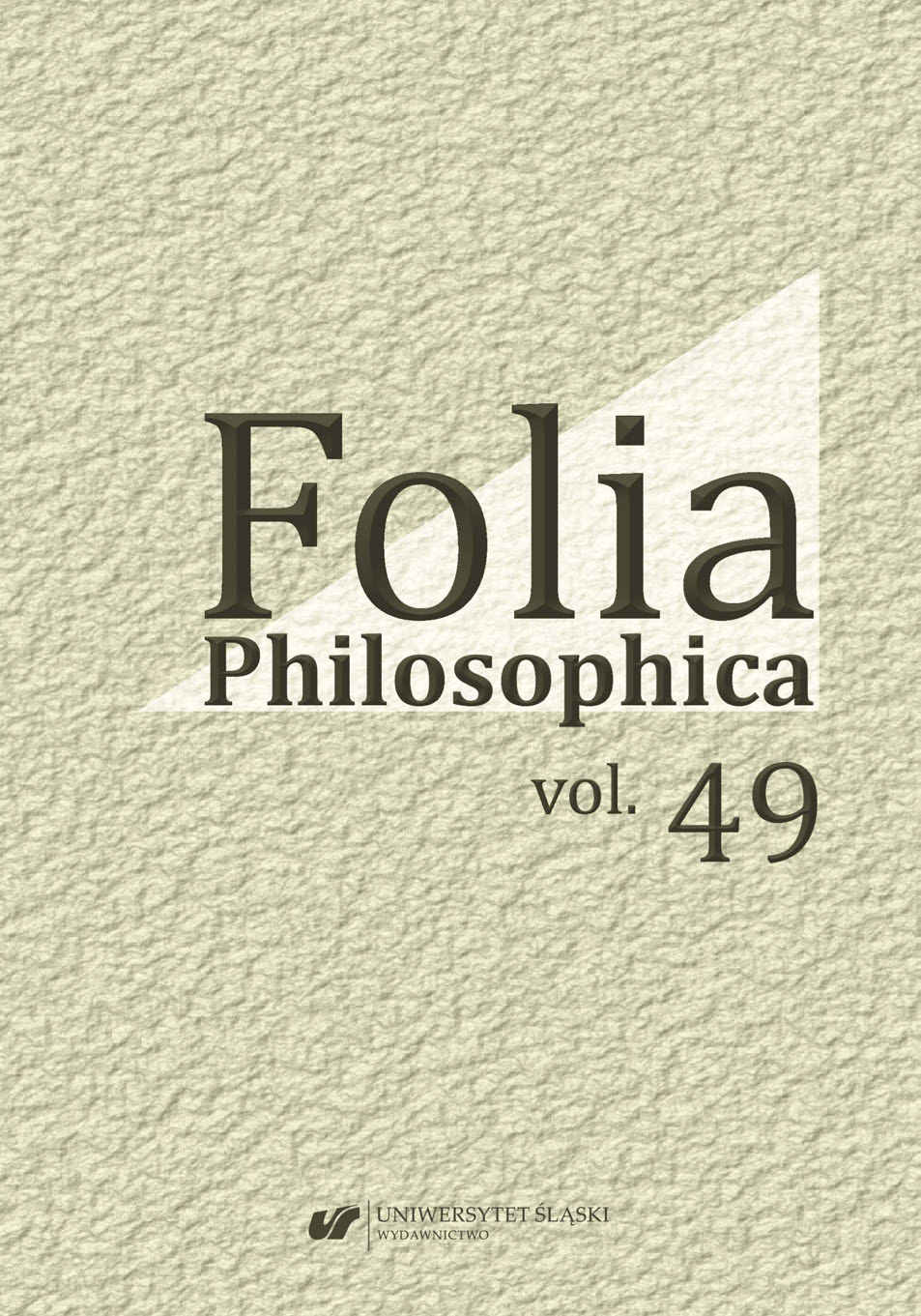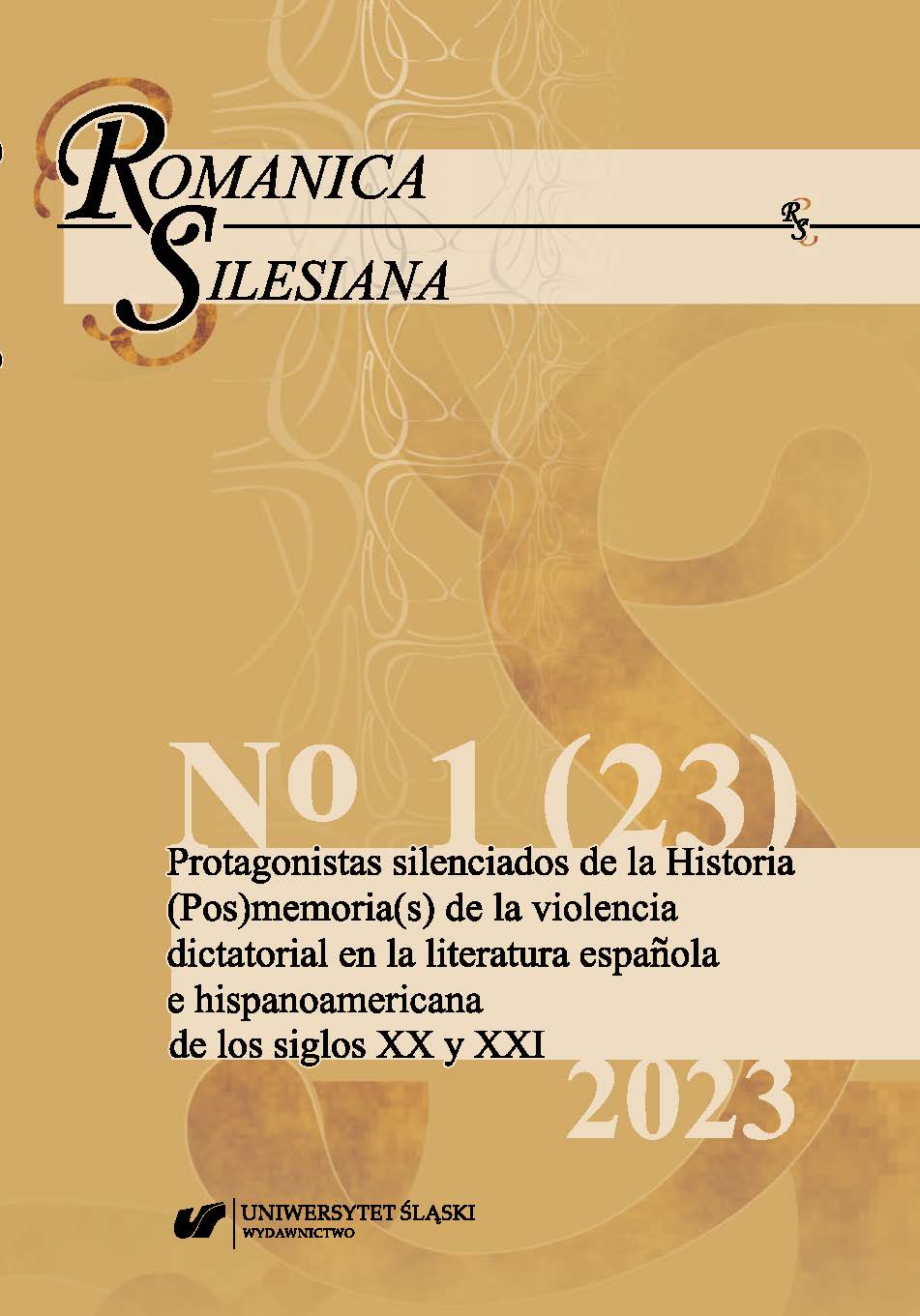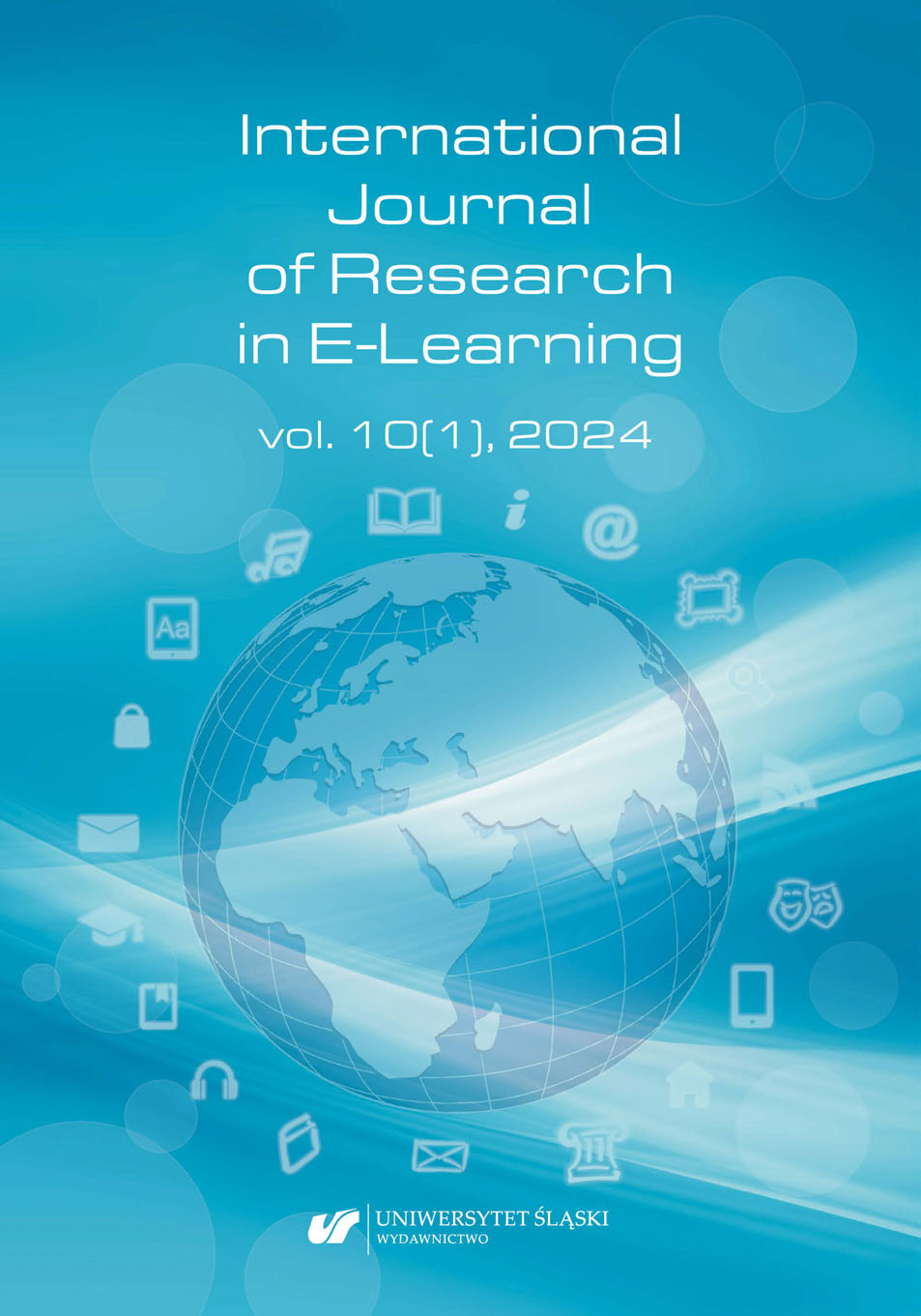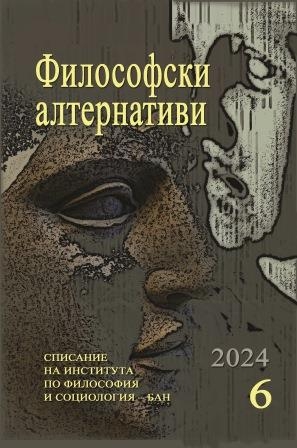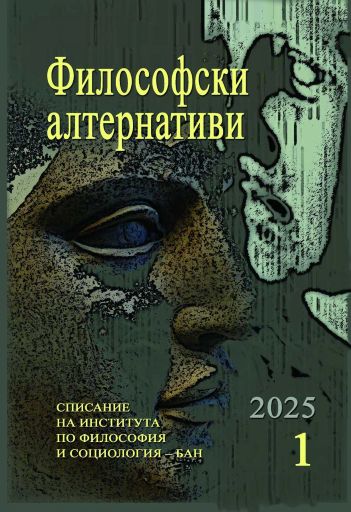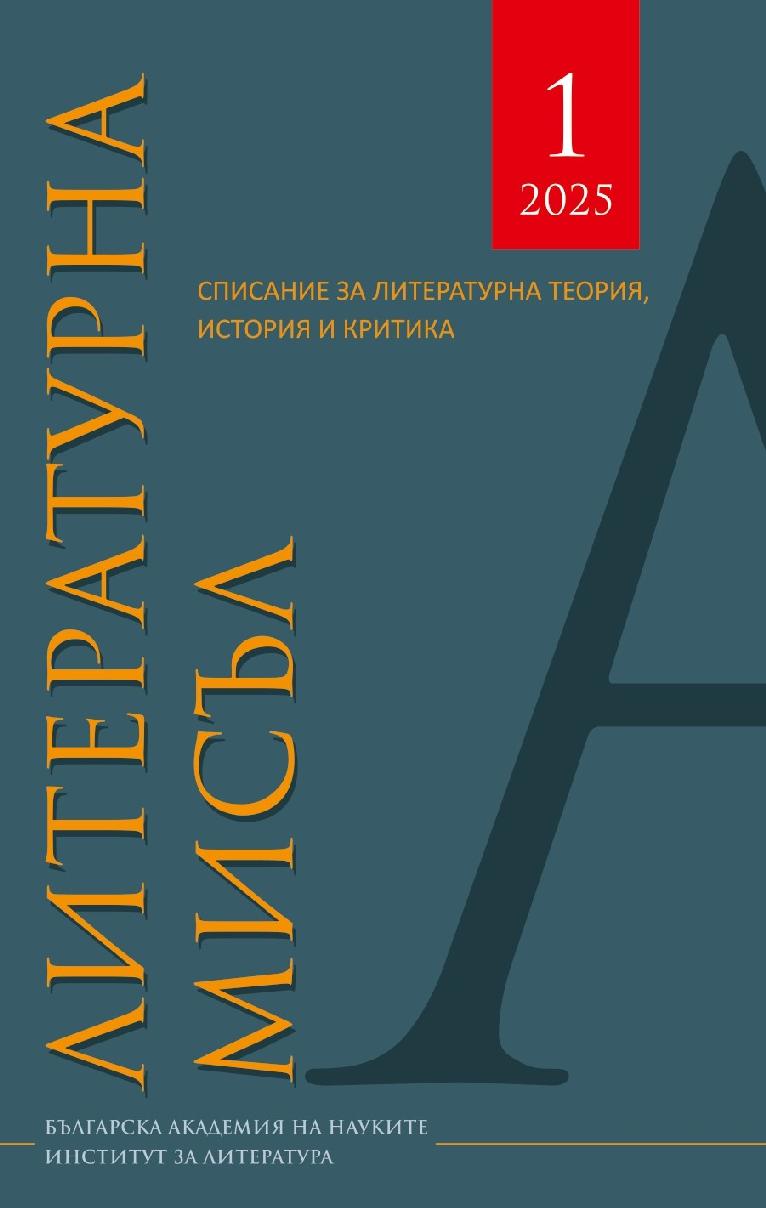
Sociálny katolicizmus a sekularizácia
The article examines the Catholic answer to such modern challenges such as industrialisation, urban sprawl, the accelerated growth of the working class and migrations in the territory of the Austro-Hungarian monarchy at the end of 19th and beginning of 20th century. From the perspective of Social Catholicism, which is understood primarily as a collective social practice present in society in various forms, the article contributes to the debate around the secularisation thesis and the role of religion in modern society. The study looks at the adaptation process from the first Kolping's movement, through the usage of the Social Catholic language by the political parties, to the establishment of the network of social catholic associations and trade unions. It analyses the transformation of Catholic participants that took part in debates about the ideal social order, as well their motivations, goals and interaction with society. Based on the role played by the Social Catholics in society, the conclusion offers possible limits and weaknesses of the secularisation approach.
More...

